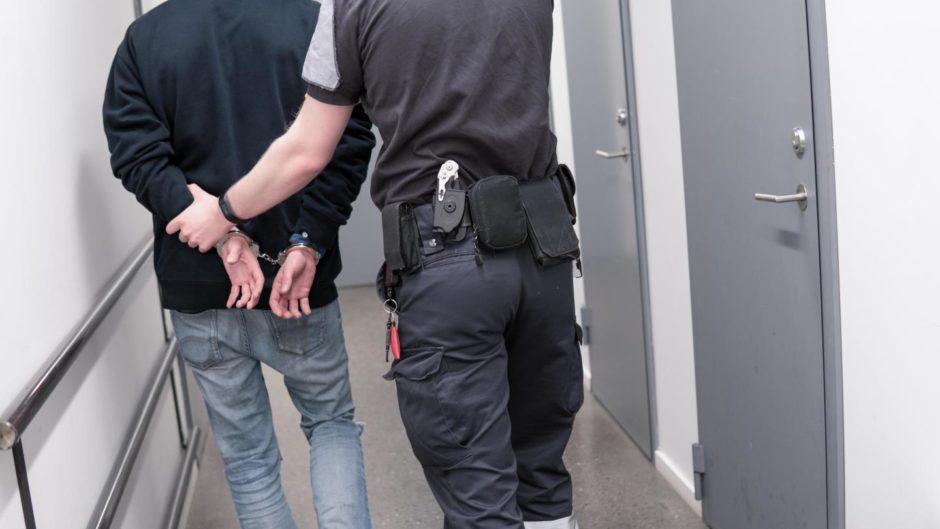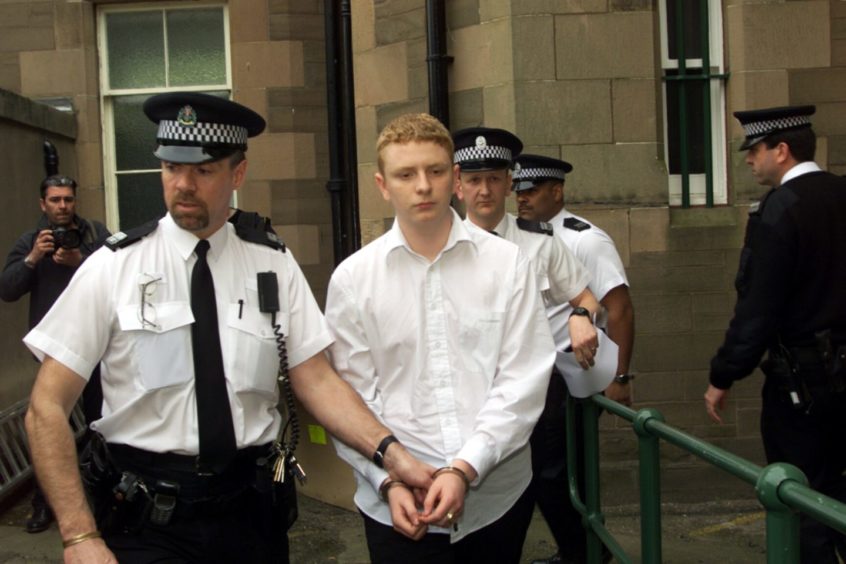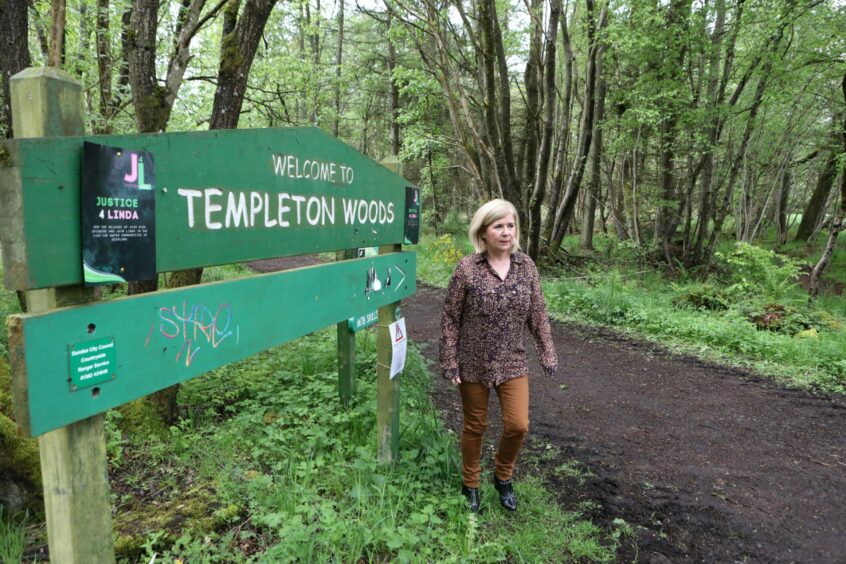New figures reveal 12 Scots prisoners who were sentenced to life but released early went on to be charged with serious crimes including rape and drug offences in a single year.
The analysis, released under Freedom of Information legislation, also found domestic abuse and possession of a dangerous weapon were among the charges brought against a dozen so-called lifers in 2021/22.
The Parole Board confirmed one prisoner who had already received a life sentence was recalled to prison after being charged with rape, along with sexual assault and assault with intent to rape.
Other criminal proceedings brought against recalled life prisoners mainly related to drug charges or for threatening or abusive behaviour.
Weak approach to justice
Scottish Conservative justice spokesman Russell Findlay said the figures would concern the public and provide evidence for what he described as the SNP’s weak approach to criminal justice.
He said: “It is completely unacceptable that a dozen life prisoners have gone on to be charged with such horrific offences after their release.
“Life sentences are only imposed for the most heinous of crimes and it is imperative that those serving them are not released prematurely.
“This data confirms that doing so often can result in further serious crimes being committed.”
How does sentencing work?
Courts in Scotland do not currently have the powers to ensure criminals who have committed the most serious crimes are never released from prison.
Instead, judges can hand down an Order for Lifelong Restriction, which contains a minimum time the offender must spend in prison before being considered for release into the community.
If offenders are considered safe to serve the rest of their sentence among the public, they remain under supervision of a criminal justice social worker.
Mr Findlay said: “For the past 16 years the SNP has presided over a deliberate weakening of Scotland’s criminal justice system resulting in the rights of criminals being prioritised – and this is further evidence of that dangerous agenda.
“Whether it’s diversion from prosecution for alleged rapists, soft sentences for under-25s or the policy of early release, the SNP continue to make Scotland’s streets less safe.”
Who is being released?
Dundee Law killer Robbie McIntosh is among more than 200 Scots prisoners handed an Order for Lifelong Restriction.
Linda McDonald was walking her dog through Templeton Woods in August 2017 when she was attacked by McIntosh.
He was on home leave from Castle Huntly open prison at the time and staying in his mother’s home in Bridgefoot.
McIntosh struck the Dundee grandmother on the head with a dumbbell in broad daylight after charging at her from behind.
He was already serving a life sentence for murdering Anne Nicoll on Dundee Law in 2002 when he was 15 years old.
McIntosh’s application for parole was turned down last year, meaning he will remain locked up until at least 2024.
‘I can breathe now’
Linda McDonald has backed calls for life sentences to mean a life behind bars.
She believed her attacker would spend life in prison so was shocked when she got an invite to a parole meeting just five years after McIntosh tried to take her life.
Speaking after he was denied release, Linda said: “He is not going anywhere. I can breathe now.
“I’m so happy. The public are safe and I’m safe.”
Figures released last year showed seven lifers were in the community at the end of March 2021.
Another was in open prison at Castle Huntly and 11 more were in the National Top End, meaning they are eligible for unescorted home release.
The Scottish Government said the decision to release a person after they have completed the minimum tariff set by the courts is always a matter for the independent parole board, with public safety being at the forefront of any decision in each case.
It added: “A prisoner released on parole will be sent back to prison if they breach their licence conditions or are considered a risk to the public.”





Conversation